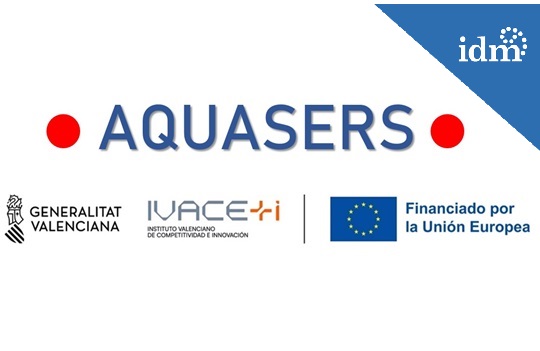
Since the beginning of the AQUASERS project, in September 2023, the most representative water matrices have been characterized and evaluated by studying parameters related to the preparation, capture and analysis of pathogens from industrial environments under study.
At the same time, very significant steps have been taken in the development of an automated device that allows the control and prevention of legionellosis by monitoring water quality. Among the most important milestones of these months are the production of recombinant proteins and specific antibodies for the development of a biosensor capable of detecting Legionella pneumophila in the main sources of contamination of this pathogen. Through biosensing, the aim is to complement and circumvent the classic control methodology, obtaining sensitive and specific results in a short time.
Although there is still a long way to go in the project, the first results in adapted biosensors and automated sample preparation are very promising, which brings us closer to the objective of developing an automated device that allows the control and prevention of legionellosis through monitoring. of water quality.
Financed by the European Union through the European Regional Development Fund (ERDF) in the Valencian Community 2021-2027, it has had a total budget of €699,115.94. Our research group at the IDM of the UPV has had a budget of €190,139.23 (INNEST/2023/127), of which €93,823.61 have already been contributed by the Valencian Institute of Competitiveness and Innovation – IVACE+ i Innovation.
Images:













